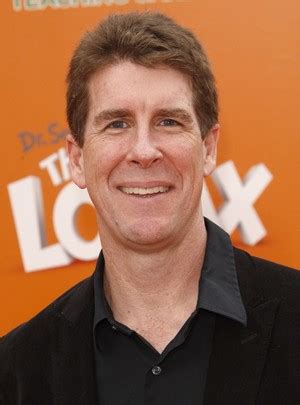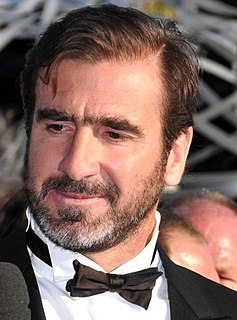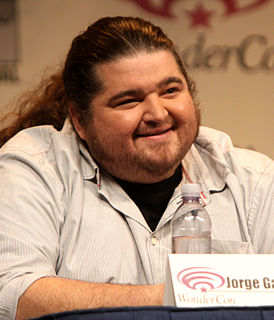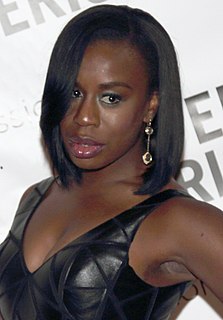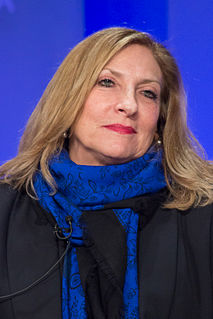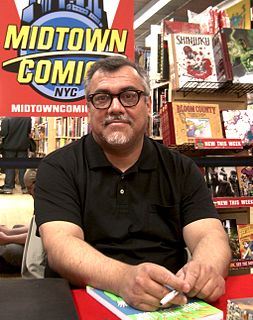A Quote by Abbas Kiarostami
From my very first movie, what was my concentration, my inspiration, was I didn't want to narrate something, I didn't want to tell a story. I wanted to show something, I wanted for them to make their own story from what they were seeing.
Related Quotes
You want to find the right balance, but you have to have the Minions because people responded so much to them. We wanted to find a story that would make the Minions more a part of the story than they were in the first movie. In this one, as you know, they're disappearing. What's happening to the Minions? We made them a much bigger part of the movie in those terms.
With my two brothers, Jean-Marie and Joel, I wrote a two-page story and wanted to make some kind of movie. We met a French production company, called Why Not?, and the first name we put on the list was Ken Loach. It was a dream for all of us. So, we tried and we met Ken and Paul Laverty, his writer, and they read the two pages and were inspired by that to do something. Paul had the freedom to do his own story - and he wrote his own story, which is better than the one we'd written.
I knew what I wanted to do when I set out. I knew that I wanted to write a book that told the story, obviously. I wanted it be comedy first, because I felt like there already had been childhood druggy stories that were very serious, and I felt that the unique thing here was that I was a comic and I could tell the story with some levity, and I have been laughing at these stories my whole life.
There was a time before I felt I was a real writer, when I was a yarn spinner and I just wanted to tell story until it was over. But then there came a time where I was like, 'No, I want to understand something through writing this that I might have not understood before. I want people to come away with something to think about.'
Sometimes the music just has to tell the story without you trying to tell the story. It depends on the type of music you want to make. If it makes you feel good and party then you go with that. If it makes you feel like speaking on something real and doing a story then it's the beat just has to have the story.

